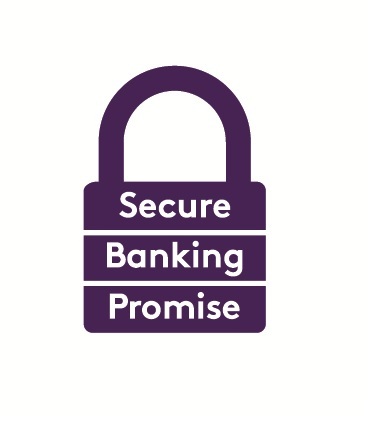Investment fraud and scams
It's estimated that £1.2bn is lost each year in the UK to Investment Fraud. High yield investments have become attractive to online fraudsters due to higher returns.
Ponzi and Pyramid schemes
These schemes promise you high returns or dividends not usually available through traditional investments. The schemes collapse when new investors dry up, and investors usually find most or all of their money is gone.
A Ponzi schemer will ask you to invest in something, whereas a Pyramid schemer encourages you to recruit new investors for a commission. These scams can also be called franchise fraud, multi-level marketing or a chain referral scheme.
Often Ponzi or Pyramid schemes are used when committing Affinity fraud, which occurs when criminals target members of a group – such as community, religious, ethnic, elderly or professional groups. The fraudsters pretend to be members of the group they are targeting sometimes over the course of years, making the scams emotionally as well as financially damaging.
Share sale scams (boiler room fraud)
A Share Scam (also known as Boiler Room Fraud) is a scam that tries to persuade you to invest in what is essentially a worthless scheme, and usually begins with a cold call.
The fraudster will appear professional, knowledgeable and sympathetic, and the company they represent often sounds very similar to a well known financial company.
The shares they attempt to sell you won't be quoted on the stock exchange and will be virtually impossible to sell. You may find when you try to contact the fraudster who sold you the 'shares' they have disappeared, making it near impossible to recover any losses.
Criminals will often cold call victims of Boiler Room Fraud offering to help them recover the money they have lost in an attempt to take more money from them.
If you are unsure or concerned remember to seek independent legal and/or financial advice.
Carbon credit schemes
These schemes are a scam where a firm tries to sell you carbon credit certificates or get you to invest directly in a 'green' scheme that will generate carbon credits as a return on your investment.
Carbon credits are sold and traded legitimately from many reputable firms, however fraudsters have picked up on this, meaning an increased number of firms using dubious, high-pressure sales tactics.
More information can be found about different types of carbon credits and how the market has developed from an investigation the FSA conducted in 2011.
Land banking scams
Fraudsters lead you to believe that you are investing in land that will significantly increase in value. They will tell you:
- the plots are in areas with high house prices
- the government intends to increase housing on this land
- the land has already been allocated for development
Like many investment frauds, Land banking scams often take place through high-pressured telephone calls, although they can be via websites, email, mailings or brochures.
The reality is you are being sold land that has no development potential, doesn't belong to the 'seller' or doesn't even exist.
If you are looking to purchase land:
-be sure to always contact the local council of the land
-check who owns the land according to the Land Registry
-check if the land has planning permission
Tips to help you protect yourself
- Always consider taking independent/legal advice before you commit to an investment
- The Financial Conduct Authority (FCA) also have a list of businesses that they believe are involved in fraudulent activities. You can check this at: www.fca.org.uk/consumers/protect-yourself/unauthorised-firms/unauthorised-firms-to-avoid
- Check the company is registered at Companies House and the details the caller gives you match up - http://www.companieshouse.gov.uk/about/fraud.shtml. Does the caller have a track record that can be verified by an independent party?
- The FCA has also produced a factsheet on how to avoid share fraud
If you think you've been targeted
- If the suspect is very near, or as a victim you feel at immediate risk, call 999
- If a police reponse is needed (eg for victim care) or you can easily identify the suspect, call 101 or visit your local police station
- If you spot anything suspicious or want to report an investment scam, contact Action Fraud on www.actionfraud.police.uk or 0300 123 2040


